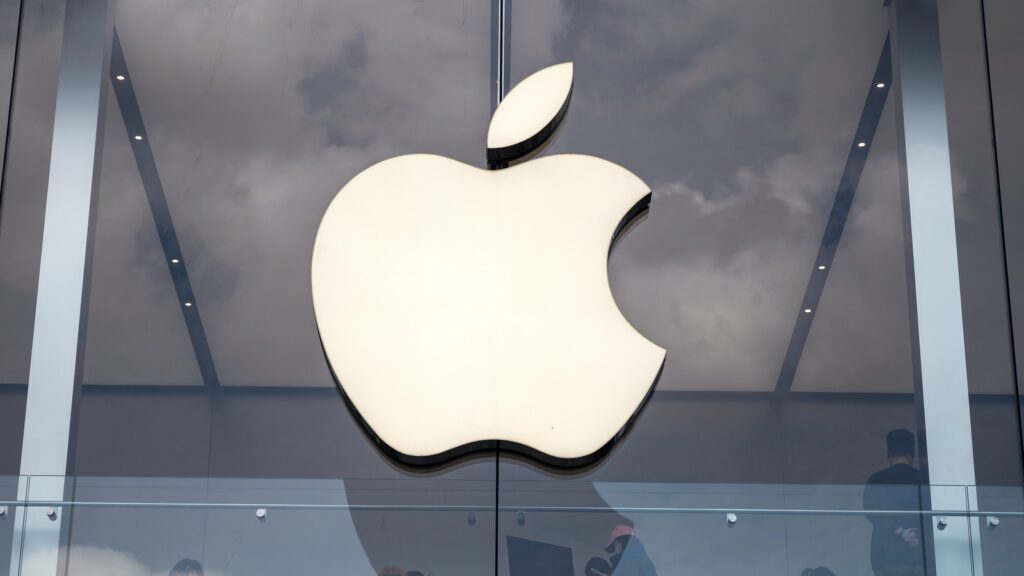![]()
Apple’s Controversial Software Update
Apple has commenced payments to US complainants in a class-action lawsuit that accused the tech behemoth of intentionally decelerating their iPhones. The lawsuit, which started in December 2017, alleges that Apple misled users about upgrades to older iPhone models that were supposedly designed to enhance their performance but actually resulted in slowing the devices down.
Admission of Slowing Performance
As part of the case, Apple conceded that a software update released in January 2017 had slowed down performance in older models to prevent these phones from shutting down completely as their lithium-powered batteries aged. This move ensured the phones remained functional, but it also revealed that Apple deliberately slowed iPhone performance on older models with newer updates, without explaining their rationale or the outcome to their customers.
Consumer Impact
While Apple admitted that the batteries would slow older iPhone models, consumers were left to replace their iPhone batteries at their own expense, or feel compelled to buy a new iPhone. The US lawsuit encompassed the iPhone 6, 6 Plus, 6S, 6S Plus, SE, 7, 7 Plus, 8, 8 Plus and iPhone X models.
Apple’s Response
Apple responded by offering a reduced price on battery replacement to rectify the problem, although they maintained they had done nothing wrong. Nevertheless, Apple agreed to settle the lawsuit due to concerns about the ongoing cost of the legal process.
Settlement Details
The settlement totals $500m (£394m), and the complainants will receive roughly $92 each, which is more than the cost of a $79 (£59) iPhone battery replacement.
UK Lawsuit in Progress
A similar case is currently in progress in the UK, which may be influenced by the US ruling. However, the UK lawsuit, initiated by Mr Justin Gutmann, has extended its iPhone range to the iPhone 8, 8 Plus, and X. The UK lawsuit alleges that Apple slowed down iPhone performance by up to 58%, whereas Apple asserts their 2017 update would only potentially lead to a 10% performance slowdown.
